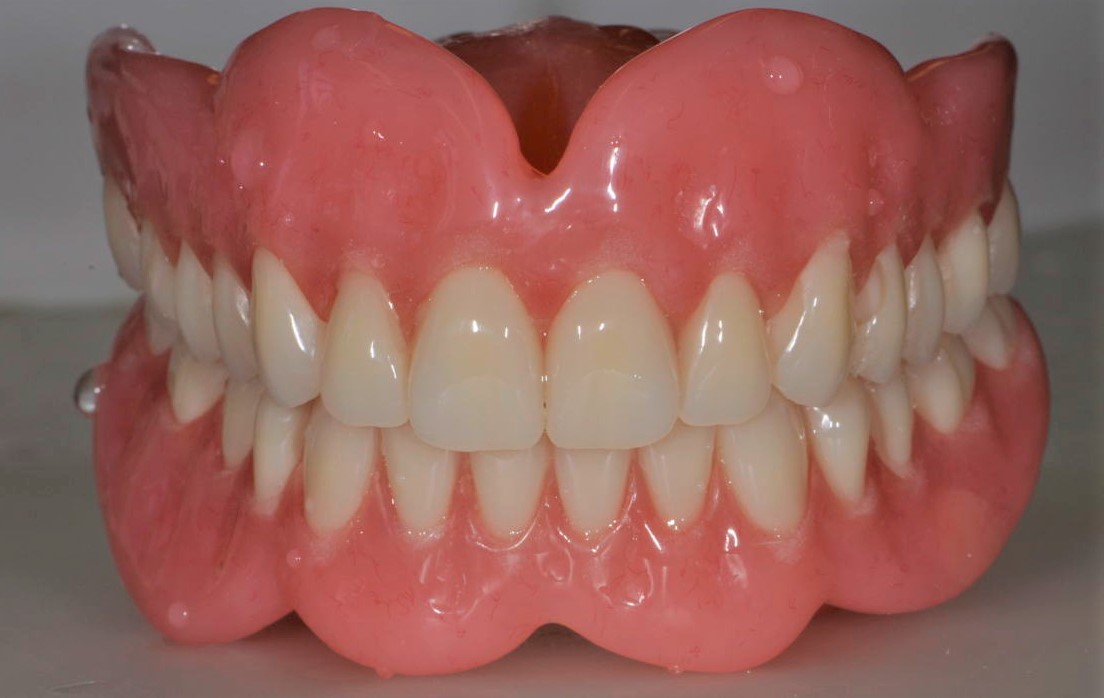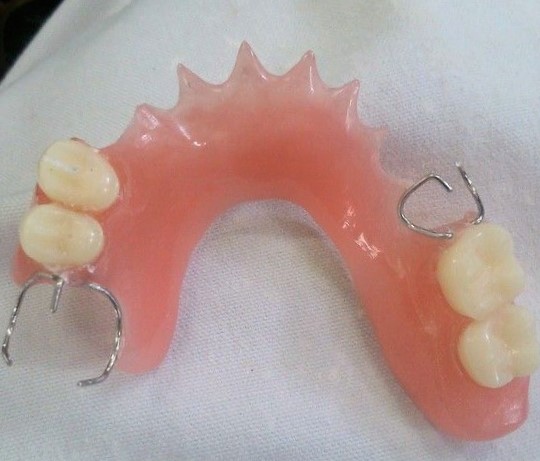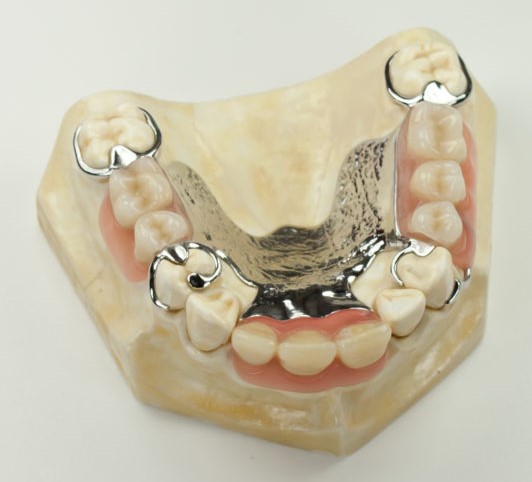Dentistry is all about Smiles! Having a confident, healthy, beautiful smile is important even for patients wearing Dentures.
Dentures are removable tooth prosthesis designed to look and function like natural teeth. For thousands of years, some form of denture has been used to fill in the gaps left by missing teeth, although today’s dentures are much more advanced and easier to care for.Most dentures are composed of replacement teeth attached to plastic bases that take on the appearance of the gums.
Many dental patients elect dentures for tooth replacement if they are not candidates for dental implants or are otherwise looking for a tooth replacement option that is more affordable and budget-friendly.
TYPES OF DENTURES

Full Dentures
Full dentures consist of both upper and lower sets, and are mainly used when all natural teeth are gone. With proper care and maintenance, full dentures can last anywhere from 5–10 years.

Partial Dentures
Partial dentures are recommended when one or more natural teeth need to be replaced. They also help keep your remaining teeth from shifting.

Cast Partial Dentures
A Cast Partial Denture (CPD) is defined as a removable partial denture consisting of a cast metal framework that contains artificial teeth set in an acrylic resin.As compared to conventional acrylic denture, Cast Partial Denture is stronger, more durable and retentive. The fabrication of cast partial denture is more costly, time-consuming and complex as compared to the conventional acrylic dentures.
How Long Before I Get Used to My Dentures?
New dentures may feel awkward or uncomfortable for the first few weeks or even months. Eating and speaking with dentures might take a little practice. A bulky or loose feeling is not uncommon, while the muscles of your cheeks and tongue learn to hold your dentures in place. Excessive saliva flow, a feeling that the tongue does not have adequate room, and minor irritation or soreness are also not unusual.
CARING FOR YOUR DENTURES
- Like your teeth, your dentures should be brushed daily to remove food particles and plaque. Brushing also can help keep the teeth from staining.
- Rinse your dentures before brushing to remove any loose food or debris.
- Brush your Dentures, use a soft-bristled brush and gently brush the surfaces of the Dentures, being careful not to break or bend the plastic.
- Use a gentle cleanser to clean your Dentures. It is recommended that you use a mild hand or dish soap to get your Dentures clean.
- When you are not wearing your Dentures, they need to be kept moist. Dentures that are not kept in a Denture cleaning solution or in water can dry out, lose their shape, or even crack and break.
- Be careful not to drop your partial dentures, as they may break
- Avoid exposing your partial to hot temperatures that could cause warping.